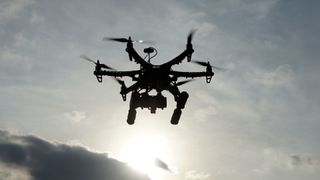news analyses
Latest about news analyses
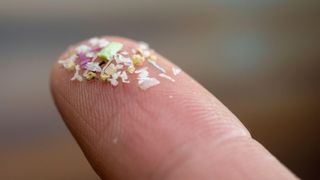
'Plastics are there and seem to be getting worse': Viral study of microplastics in human brains shows worrisome trend, but has flaws
By Ben Turner published
A close-up shot of microplastics resting on a human finger.
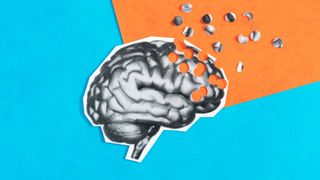
Man nearly guaranteed to get early Alzheimer's is still disease-free in his 70s — how?
By Marianne Guenot published
A man who should have developed early-onset Alzheimer's disease due to a genetic mutation is still symptom-free in his 70s. Scientists are trying to understand why.
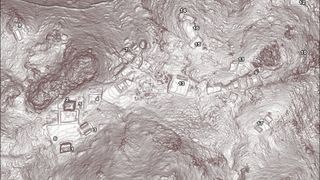
Lasers reveal 15th-century fortified Zapotec city in Mexico
By Owen Jarus published
Lidar has fully revealed a 600-year-old Zapotec city in southern Mexico.

Hims & Hers Super Bowl controversy: What the ad left out about its 'alternative' weight-loss drugs
By Stephanie Pappas published
The telehealth company Hims & Hers put out a Super Bowl ad that skimped on clarifying that its compounded semaglutide medications aren't FDA-approved.

The existence of intelligent aliens is 'highly likely' — and they could await in our own galaxy
By Maikel Rheinstadter published
According to astronomers, there are approximately 200 billion trillion stars in our observable universe — chances are, there’s life out there somewhere.

Fake studies are slowing lifesaving medical research — all while fraudsters are getting rich, investigation reveals
By Frederik Joelving, Cyril Labbé, Guillaume Cabanac published
Fake papers are contaminating the world’s scientific literature, fueling a corrupt industry and slowing legitimate lifesaving medical research
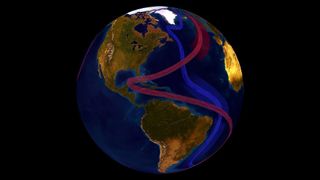
Are Atlantic Ocean currents weakening? A new study finds no, but other experts aren't so sure.
By Sascha Pare published
A new study suggests the Atlantic Meridional Overturning Circulation has not weakened since the 1960s — but there's no doubt the circulation will slow in the future, experts say.
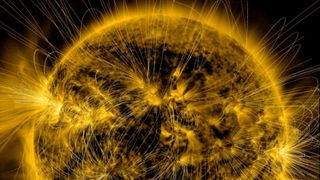
X-class solar flares hit a new record in 2024 and could spike further this year — but the sun isn't entirely to blame, experts say
By Harry Baker published
There were significantly more X-class solar flares in 2024 than any other year for at least three decades. The arrival of solar maximum was a key reason for the spike, but other factors were also at play.
Get the world’s most fascinating discoveries delivered straight to your inbox.
 Live Science Plus
Live Science Plus






